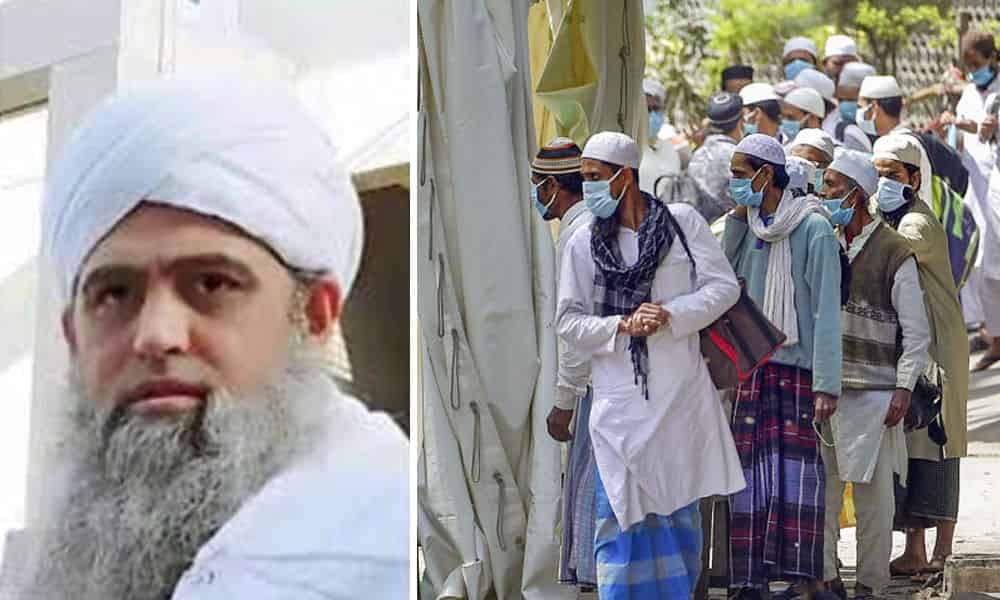
The Karnataka High Court has quashed criminal proceedings against foreigners who had visited India and attended Tablighi Jamaat congregation in Delhi, on the condition that they leave the country immediately and give an undertaking that they will not visit India for another decade. The single judge bench of Justice Krishna Dixit, in its order dated August 5, also directed the nine foreign nationals to pay the fine amount as may be levied by the competent authority in India.
These foreign nationals were booked mostly under section 14(a) [Penalty for entry in restricted areas] and 14(c) [penalty for abetment] of the Foreigners Act, 1946.
The counsel for the petitioners contended that the criminal proceedings were based on a demonstrably wrong premise that they are all tourist visas, which is not the case. He further argued that there is no prohibition for professing and propagating the principles of Tablighi Jamaat in a religious gathering. He also pointed out that the Central government has the power to relieve the foreigners of criminal action after accepting fine amounts in terms of extant norms and therefore, that benefit should be extended to the accused.
The Public Prosecutor objected to the plea stating that the foreign nationals had clandestinely entered India tourist visas instead of missionary visas and were engaged in propagation of Tablighi principles in breach of visa conditions thus violating provisions of Foreigners Act.
The court read through the visa categories mentioned in the Visa manual and concluded that the visa of the foreign nationals fell under the category of e-tourist visa and not the missionary visa. Para 87 of the Visa Manual provides for grant of Missionary Visa to a foreigner whose sole objective of visiting India is missionary work not involving proselytisation (conversion). The court rejected the contention of the petitioners that since preaching religious principles was not impermissible under the tourist visa category, the petitioners cannot be held liable. The court held that what is not provided for in the visa is deemed to be impermissible and further stated that the general principle that what all is not prohibited is permissible for a natural person and what all is not provided for is impermissible for a juristic person cannot be invoked by foreign nationals in visa matters.
The petitioners also relied upon previous judgements of the Karnataka High Court while contending that “intended prosecution is not desirable since it would eventually result into overstaying of the foreign nationals at the cost of the exchequer”. The court opined that even though these judgments cannot be said to be precedents since no legal principles have been laid down therein, seeking parity of treatment for petitioners was justified as they were similarly circumstanced.
The respondents suggested that the court prescribe similar conditions while quashing the case as stipulated by Madras High Court in Md. Kamcual Islam and ors v. State [2020 SCC Online Mad 1171] wherein in Tablighi foreigners were permitted to leave the country immediately with the rider that they would not come back again for a period of next ten years and further they should pay the fines to be levied by the competent authorities while reserving their liberty for blacklisting or placing them in the category of Visa violators.
The court also rejected the petitioners’ contention that the criminal proceedings were initiated by the police in response to the prejudice generated by the media propaganda and stated that the perusal of the case files and material therein gives a “legitimate impression that the police having stood tall, exercised a lot of restraint despite running a huge risk of Covid-19 infection and tolerating the attack/assault by the miscreants; this court will be failing in its duty if it does not place on record a deep appreciation of the State Police for their yeoman service being rendered during Covid crisis.”
The court also refused to quash proceedings against the native accused who were also charged with certain sections of the Indian Penal Code, Epidemic Diseases Act and Disaster Management Act that have been invoked under the circumstances of the Covid-19 pandemic.
The Karnataka High Court quashed criminal proceedings against foreigners, to meet the ends of justice, , on the condition that they leave the country immediately and give an undertaking that they will not visit India for another decade; while directing the police to resume investigation in the cases where native persons are accused.
The complete order may be read here.
Related:
Foreign attendees of Tablighi Jamaat Markaz pay small fine, may go home soon
Don’t let people instigate law and order issues: SC on communalisation of Covid-19